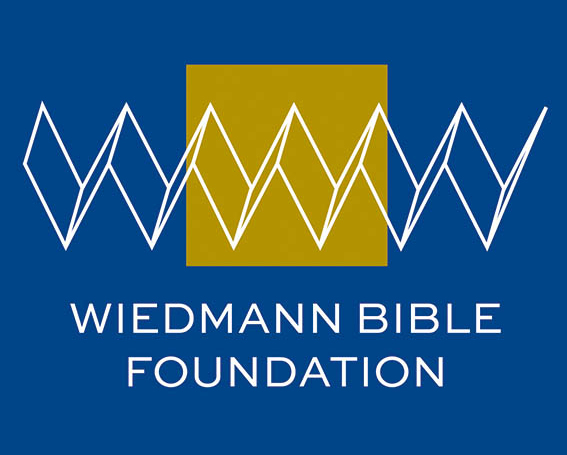After deep prayer to God, Hannah, the barren wife of Elkanah, received the child “Shemuwel,” transcribed as Samu-El, which means “the name (of God) is El.” Etymologically, this comes from the Hebrew word “Sha’al”, which translates as: “I have asked the Lord for him” (Sam 1:20). Eli, the priest of the sanctuary of Shiloh, where the Ark of the Covenant was kept, consecrated the child and placed him in the service of Yahweh. He was educated religiously and politically. He was the leader, prophet and the last judge of the Israelites before period of the rule of kings (approx. 1000 BC). The two books of Samuel are named after him.
These books describe how Samuel and the two kings he anointed, Saul and David, consolidated royal power under the aging David. Samuel, who performed altar services during his upbringing and who in a first vision was told of the fall of the house of Eli (Karnue), was honored from then on as a prophet of DAN-Beersheba. Samuel was also a judge. However, Israel was not able to break free from the power of the Philistines. Samuel commanded them to no longer worship foreign gods and to only serve one God. In Mizpah Samuel held a fast for all the Israelites. While they were offering a young lamb as a burnt offering, they were attacked by the Philistines.










